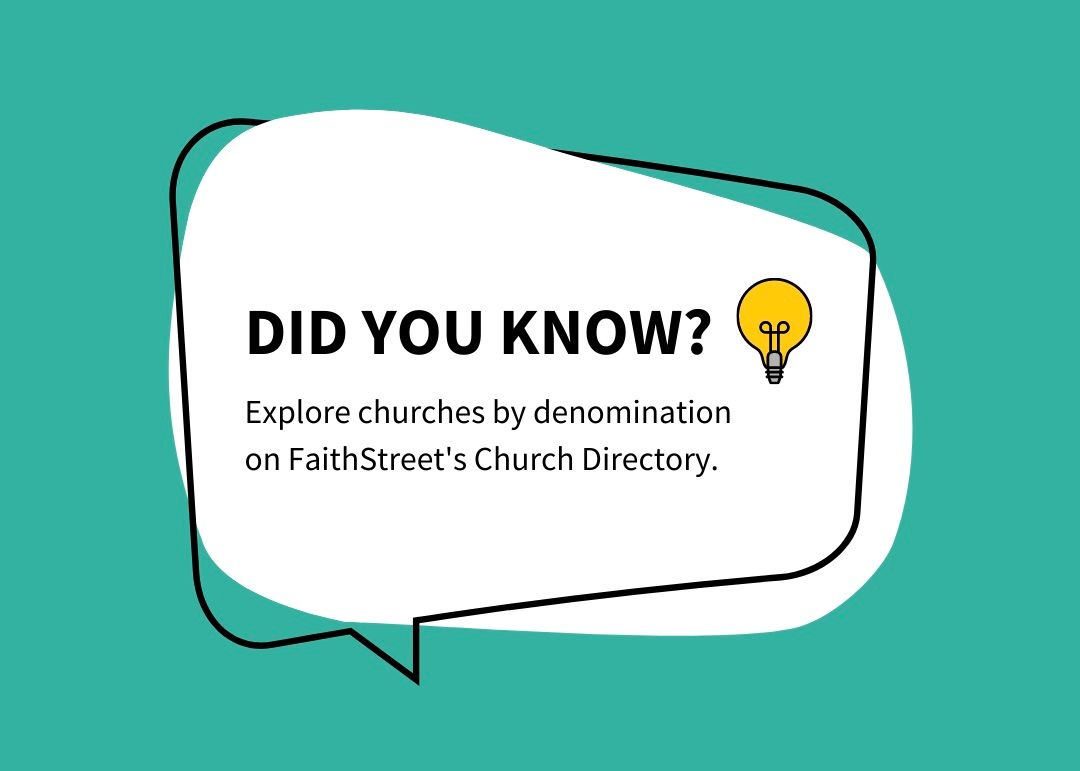Uncovering The Denomination Of 'Faith Church': What You Should Know
Finding a spiritual home can feel like a really big step for many people, and it's quite natural to wonder about the specific beliefs or affiliations of a place you might visit. You might have heard about a "Faith Church" in your area, and perhaps you're asking, "What denomination is the Faith Church?" That, you know, is a very common question, especially since "Faith Church" is a name many different religious groups use, and it doesn't always tell you everything right away.
It's interesting, really, because the name itself, "Faith Church," sounds so welcoming and general, doesn't it? But, as a matter of fact, it doesn't automatically point to a single, specific type of Christian group. Think of it this way: just like many restaurants might be called "The Diner," but they all serve slightly different food or have their own unique vibe, so too it's almost the same with churches that share a common name. This little detail can, you know, sometimes lead to a bit of confusion for someone just starting their search.
So, what does "denomination" even mean when we talk about churches? Well, basically, a denomination is a way of classifying things; it names the type or value of something. In a religious sense, a particular denomination is a particular religious group which has slightly different beliefs from other groups within the same faith. It's a subgroup within a religion that operates under a common name and tradition, among other activities. This article aims to help you figure out how to learn more about any "Faith Church" you might be curious about, and what to look for when you do.
- Does Julia Roberts Have A Daughter That Looks Like Her
- Eliza Roberts Young
- How Much Does Fox News Pay Emily Compagno
Table of Contents
- What Exactly Is a Denomination?
- Why the Name "Faith Church" Is So Common
- How to Discover a "Faith Church's" Affiliation
- The Rise of Non-Denominational Churches
- Why Understanding Denomination Matters to You
- Frequently Asked Questions
- Conclusion
What Exactly Is a Denomination?
When people talk about denominations in a religious sense, they are referring to a religious group that has slightly different beliefs from other groups that share the same overall faith. It's a specific kind of classification, really. For example, the term refers to the various Christian denominations, like Baptists, Methodists, or Presbyterians. Each of these groups, you know, operates under its own common name and tradition, and they might have slightly different ways of doing things or understanding certain aspects of their shared faith. The meaning of denomination, in this context, is an act of denominating, or naming, a distinct subgroup.
Think of it like money, in a way. For example, $20 bills are of the same denomination. They all represent twenty dollars, but they are distinct from $10 bills or $5 bills. Similarly, a religious denomination is a subgroup within a religion that operates under a common name and tradition, among other activities. It's a way of classifying these religious groups. A denomination labeled Protestant, for instance, subscribes to fundamental Protestant principles—though not always—that is scripture alone, justification by faith alone, and the universal priesthood of believers. So, it's about shared core beliefs, but also specific practices and interpretations that set them apart just a little.
The concept of denomination helps people understand the nuances within a broader faith. It's that by which anything is denominated or styled, giving it a particular identity. The use of incense and candles, for example, varies greatly from one denomination to another, reflecting their unique traditions and practices. Understanding this helps you, you know, get a clearer picture of what a church stands for and how it approaches its spiritual journey. It's quite interesting to see how these slight differences create such a rich tapestry of beliefs and practices.
Why the Name "Faith Church" Is So Common
It's almost as if "Faith Church" is a universally appealing name, isn't it? The word "faith" itself is a central concept in many spiritual paths, especially within Christianity. It conveys a sense of belief, trust, and spiritual commitment, which is something many people look for in a religious community. Because of this, many independent congregations or newly formed groups might choose a name like "Faith Church" to reflect their core purpose without immediately tying themselves to a specific, established denomination. This can make them seem, you know, very open and welcoming to a wider audience.
Also, a lot of churches aim to be accessible and relatable to people who might feel put off by traditional denominational labels. Names like "Faith Church" often suggest a focus on fundamental Christian beliefs rather than the specific doctrines or historical practices of a particular denomination. This approach can, in some respects, be very attractive to those seeking a simple, direct connection to their spiritual path without the perceived baggage of older traditions. It's a way for them to say, "We're about faith, pure and simple," which resonates with many individuals today.
So, while the name is common, it’s not a sign of a single, overarching organization. Instead, it reflects a shared aspiration or emphasis on a core spiritual concept. Each "Faith Church" you encounter, therefore, is very likely an independent entity or part of a smaller, less widely known network, even if they share the same name. It's a bit like having many different shops all called "Corner Store"; they might sell similar things, but they are, you know, often owned and operated by different people with their own unique ways of doing business.
How to Discover a "Faith Church's" Affiliation
Given that "Faith Church" can refer to so many different groups, how do you actually find out what specific beliefs or affiliations a particular one has? It's a good question, and luckily, there are several straightforward ways to get the information you need. You want to be sure you're finding a place that truly aligns with what you're looking for, and knowing their background is, you know, a very important part of that process. It's about doing a little bit of homework.
Check Their Website
The first and perhaps easiest step is to visit the specific "Faith Church's" website. Most churches today have an online presence, and their website is usually where they share key information about themselves. Look for sections like "About Us," "Our Beliefs," "What We Believe," or "Our Story." These pages often explicitly state if they are part of a larger denomination, such as "Affiliated with the Assemblies of God" or "A Southern Baptist Church." Sometimes, they might clearly state they are "non-denominational." It's really the quickest way to get an initial sense of their identity.
Look for Statements of Belief
Even if a church doesn't explicitly state a denominational affiliation, their "Statement of Beliefs" or "Core Values" section can tell you a lot. These statements will outline their views on fundamental Christian doctrines, like the nature of God, the role of Jesus, the Bible, and salvation. Comparing these points to what you know about different denominations can give you clues. For instance, some statements might emphasize certain theological points that are characteristic of, say, Pentecostalism or a Reformed tradition, even if they don't use the specific denominational label. This is, you know, a very good way to read between the lines.
Ask Directly
Don't be afraid to simply ask! Most churches are very happy to answer questions from visitors. You can call their office, send an email, or speak to a pastor or greeter if you attend a service. A simple question like, "Are you affiliated with a specific denomination?" or "What are the core beliefs that guide this church?" will usually get you the information you need. People who work or volunteer at churches are, generally, quite open about their identity and purpose. This direct approach is, arguably, the most reliable way to get a clear answer.
Observe Their Practices
While not a definitive answer, observing the church's practices during a service can offer clues. For example, some denominations have specific liturgy, worship styles, or sacraments. Do they use a formal liturgy or a more spontaneous worship style? How do they conduct communion or baptisms? Do they have specific rituals or traditions? The use of incense and candles varies greatly from denomination to denomination, as does the structure of their leadership. These observations, you know, can help paint a fuller picture of their spiritual leanings and traditions.
The Rise of Non-Denominational Churches
You might find that many churches using names like "Faith Church" identify as "non-denominational." This is a growing trend, and it's quite a significant one in the current religious landscape. A non-denominational church is, essentially, an independent Christian church that is not affiliated with a particular denomination. They often emphasize a direct connection to biblical teachings and a focus on community, rather than adherence to a specific denominational creed or hierarchy. This approach, you know, tends to appeal to people looking for a simpler, less structured form of worship and fellowship.
These churches typically decide their own doctrines, governance, and practices without oversight from a larger denominational body. They might draw inspiration from various Christian traditions but don't formally belong to any one of them. This allows them a lot of flexibility in how they operate and what specific ministries they offer. For many, it's about stripping away perceived layers of tradition to get to what they see as the core of their faith. It's a very appealing model for a lot of people these days, seeking a fresh approach.
The growth of non-denominational churches reflects a desire among some Christians for more autonomy and a focus on unity across different theological perspectives. They often aim to create an environment where people from various backgrounds feel welcome, without the historical or cultural baggage that can sometimes come with established denominations. So, if a "Faith Church" tells you it's non-denominational, it means they are, basically, charting their own course, guided by their interpretation of scripture and their community's needs. It's a pretty interesting development in the broader Christian world.
Why Understanding Denomination Matters to You
Knowing a church's denomination, or if it's non-denominational, can be really helpful for several reasons when you're looking for a spiritual home. First, it gives you a clearer idea of what to expect in terms of beliefs and practices. Different denominations have varying views on things like baptism, communion, the role of women in leadership, or how they interpret certain parts of the Bible. Understanding this can help you find a place where your own beliefs and values align, which is, you know, pretty important for feeling comfortable and engaged.
Secondly, it helps you understand the church's community and culture. Denominations often have distinct cultures and ways of doing things that have developed over centuries. Some might be more formal, others more casual. Some might focus heavily on social justice, while others prioritize evangelism or specific forms of worship. Knowing the denomination can give you a hint about the general atmosphere and what kind of people you might find there. It's about finding your people, in a way, and the denomination can be a good indicator.
Finally, understanding the denomination can inform your personal spiritual growth. If you're looking for specific types of teaching, resources, or community support, knowing the church's affiliation can guide you. For example, if you are looking for a church that emphasizes a certain kind of theological education or mission work, knowing its denominational ties can point you in the right direction. It's about making an informed choice for your spiritual journey, and that, you know, really matters in the long run. Learn more about Christian denominations on our site, and link to this page to explore different church beliefs.
Frequently Asked Questions
Here are some common questions people often have about church denominations and how to understand them:
What makes a church non-denominational?
A non-denominational church is, essentially, an independent Christian church that chooses not to be formally affiliated with any specific larger denomination or traditional church body. They typically govern themselves, develop their own statements of belief, and often focus on what they consider core biblical teachings, rather than adhering to a specific denominational creed or hierarchy. This allows them, you know, a lot of freedom in their practices and outreach.
Why do different Christian denominations exist?
Different Christian denominations exist due to a variety of factors, including historical disagreements over theological interpretations, leadership structures, worship practices, and even cultural or political influences over centuries. Each denomination, basically, represents a distinct stream of Christian thought and practice that has evolved over time. It's a reflection of the diverse ways people understand and express their faith, and it's quite a rich history, really.
How can I find out a specific church's denomination if it's not obvious?
The best ways to find out a specific church's denomination are to check their official website for an "About Us" or "Beliefs" section, look for any denominational symbols or statements on their signage or literature, or simply ask a pastor or staff member directly. Most churches are very transparent about their affiliations, or lack thereof, because they want you, you know, to feel comfortable and informed when you visit.
Conclusion
So, when you encounter a "Faith Church" and wonder about its denomination, remember that the name itself is very common and doesn't point to a single group. It means you'll need to do a little bit of looking into that specific church to learn about its unique spiritual home. Whether it's part of a larger, established denomination, or if it proudly identifies as non-denominational, understanding its background can help you decide if it's the right place for you. It's about finding a community where you feel you belong and can grow in your beliefs. This process of discovery is, you know, a very personal one, and it's worth taking the time to explore.

Faith Church

Faith Church

Explore Churches by Denomination on FaithStreet's Church Directory